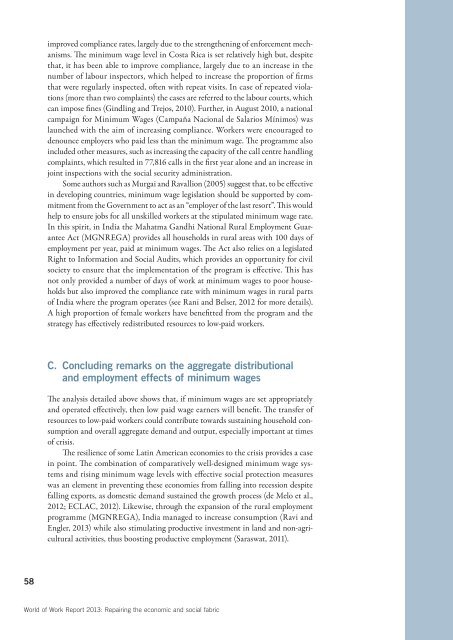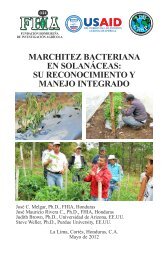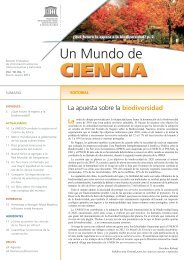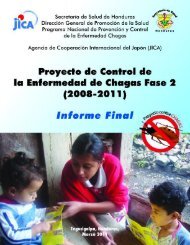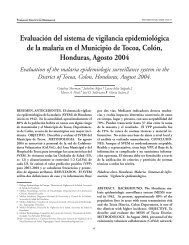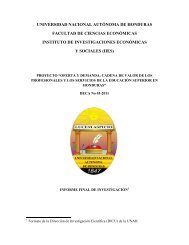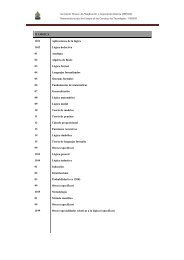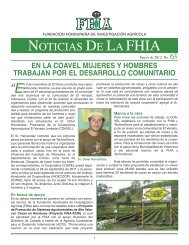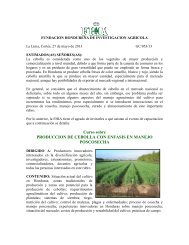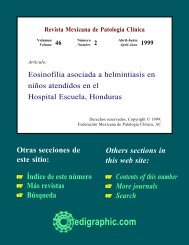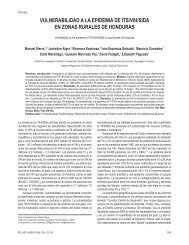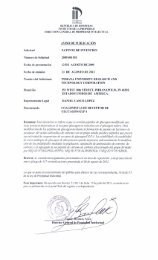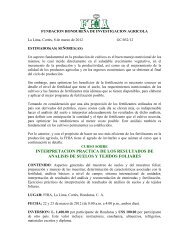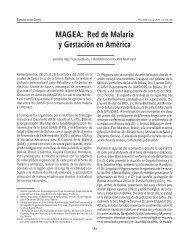World of Work Report 2013 - International Labour Organization
World of Work Report 2013 - International Labour Organization
World of Work Report 2013 - International Labour Organization
Create successful ePaper yourself
Turn your PDF publications into a flip-book with our unique Google optimized e-Paper software.
improved compliance rates, largely due to the strengthening <strong>of</strong> enforcement mechanisms.<br />
The minimum wage level in Costa Rica is set relatively high but, despite<br />
that, it has been able to improve compliance, largely due to an increase in the<br />
number <strong>of</strong> labour inspectors, which helped to increase the proportion <strong>of</strong> fi rms<br />
that were regularly inspected, <strong>of</strong>ten with repeat visits. In case <strong>of</strong> repeated violations<br />
(more than two complaints) the cases are referred to the labour courts, which<br />
can impose fi nes (Gindling and Trejos, 2010). Further, in August 2010, a national<br />
campaign for Minimum Wages (Campaña Nacional de Salarios Mínimos) was<br />
launched with the aim <strong>of</strong> increasing compliance. <strong>Work</strong>ers were encouraged to<br />
denounce employers who paid less than the minimum wage. The programme also<br />
included other measures, such as increasing the capacity <strong>of</strong> the call centre handling<br />
complaints, which resulted in 77,816 calls in the fi rst year alone and an increase in<br />
joint inspections with the social security administration.<br />
Some authors such as Murgai and Ravallion (2005) suggest that, to be effective<br />
in developing countries, minimum wage legislation should be supported by commitment<br />
from the Government to act as an “employer <strong>of</strong> the last resort”. This would<br />
help to ensure jobs for all unskilled workers at the stipulated minimum wage rate.<br />
In this spirit, in India the Mahatma Gandhi National Rural Employment Guarantee<br />
Act (MGNREGA) provides all households in rural areas with 100 days <strong>of</strong><br />
employment per year, paid at minimum wages. The Act also relies on a legislated<br />
Right to Information and Social Audits, which provides an opportunity for civil<br />
society to ensure that the implementation <strong>of</strong> the program is effective. This has<br />
not only provided a number <strong>of</strong> days <strong>of</strong> work at minimum wages to poor households<br />
but also improved the compliance rate with minimum wages in rural parts<br />
<strong>of</strong> India where the program operates (see Rani and Belser, 2012 for more details).<br />
A high proportion <strong>of</strong> female workers have benefitted from the program and the<br />
strategy has effectively redistributed resources to low-paid workers.<br />
C. Concluding remarks on the aggregate distributional<br />
and employment effects <strong>of</strong> minimum wages<br />
The analysis detailed above shows that, if minimum wages are set appropriately<br />
and operated effectively, then low paid wage earners will benefit. The transfer <strong>of</strong><br />
resources to low-paid workers could contribute towards sustaining household consumption<br />
and overall aggregate demand and output, especially important at times<br />
<strong>of</strong> crisis.<br />
The resilience <strong>of</strong> some Latin American economies to the crisis provides a case<br />
in point. The combination <strong>of</strong> comparatively well-designed minimum wage systems<br />
and rising minimum wage levels with effective social protection measures<br />
was an element in preventing these economies from falling into recession despite<br />
falling exports, as domestic demand sustained the growth process (de Melo et al.,<br />
2012; ECLAC, 2012). Likewise, through the expansion <strong>of</strong> the rural employment<br />
programme (MGNREGA), India managed to increase consumption (Ravi and<br />
Engler, <strong>2013</strong>) while also stimulating productive investment in land and non-agricultural<br />
activities, thus boosting productive employment (Saraswat, 2011).<br />
58<br />
<strong>World</strong> <strong>of</strong> <strong>Work</strong> <strong>Report</strong> <strong>2013</strong>: Repairing the economic and social fabric


